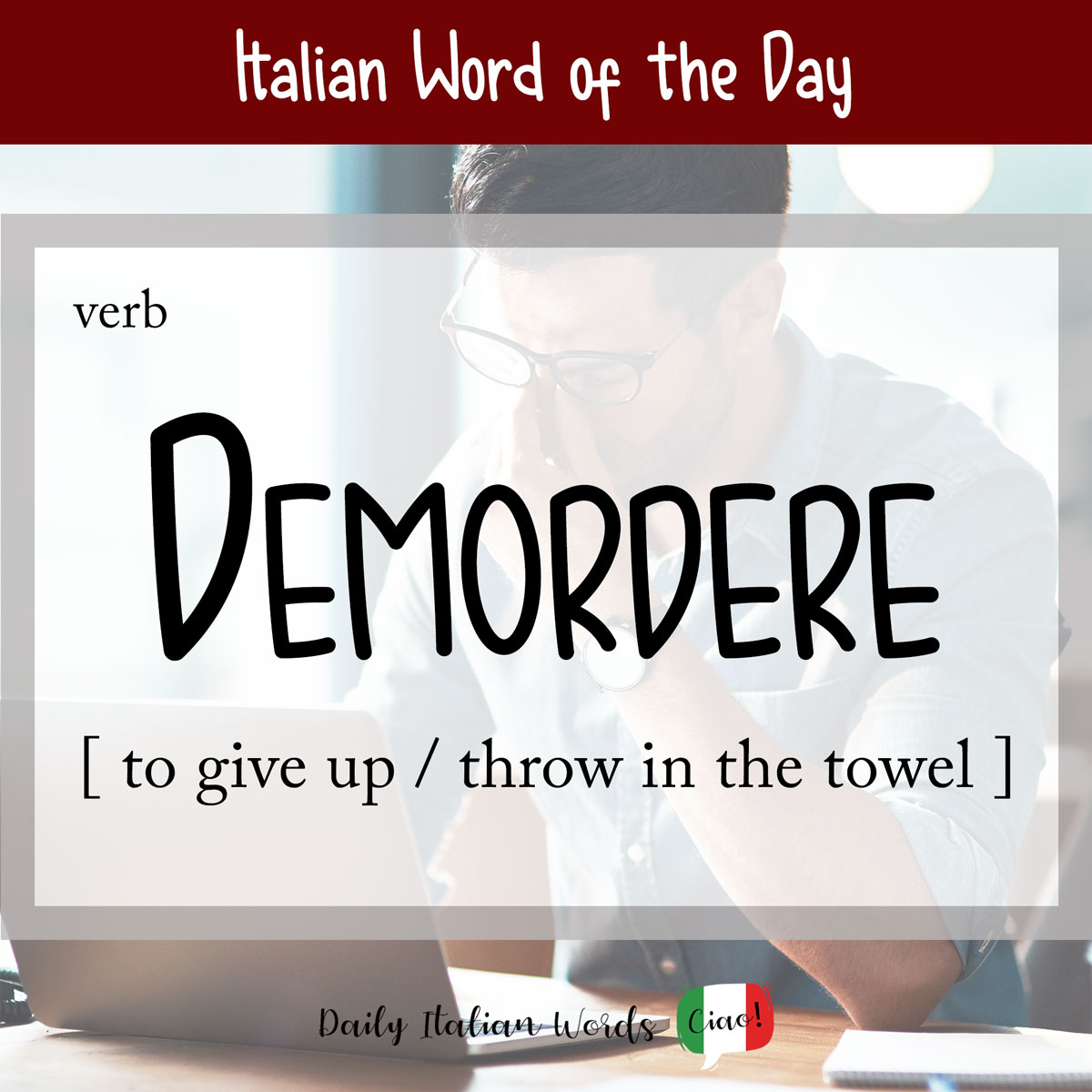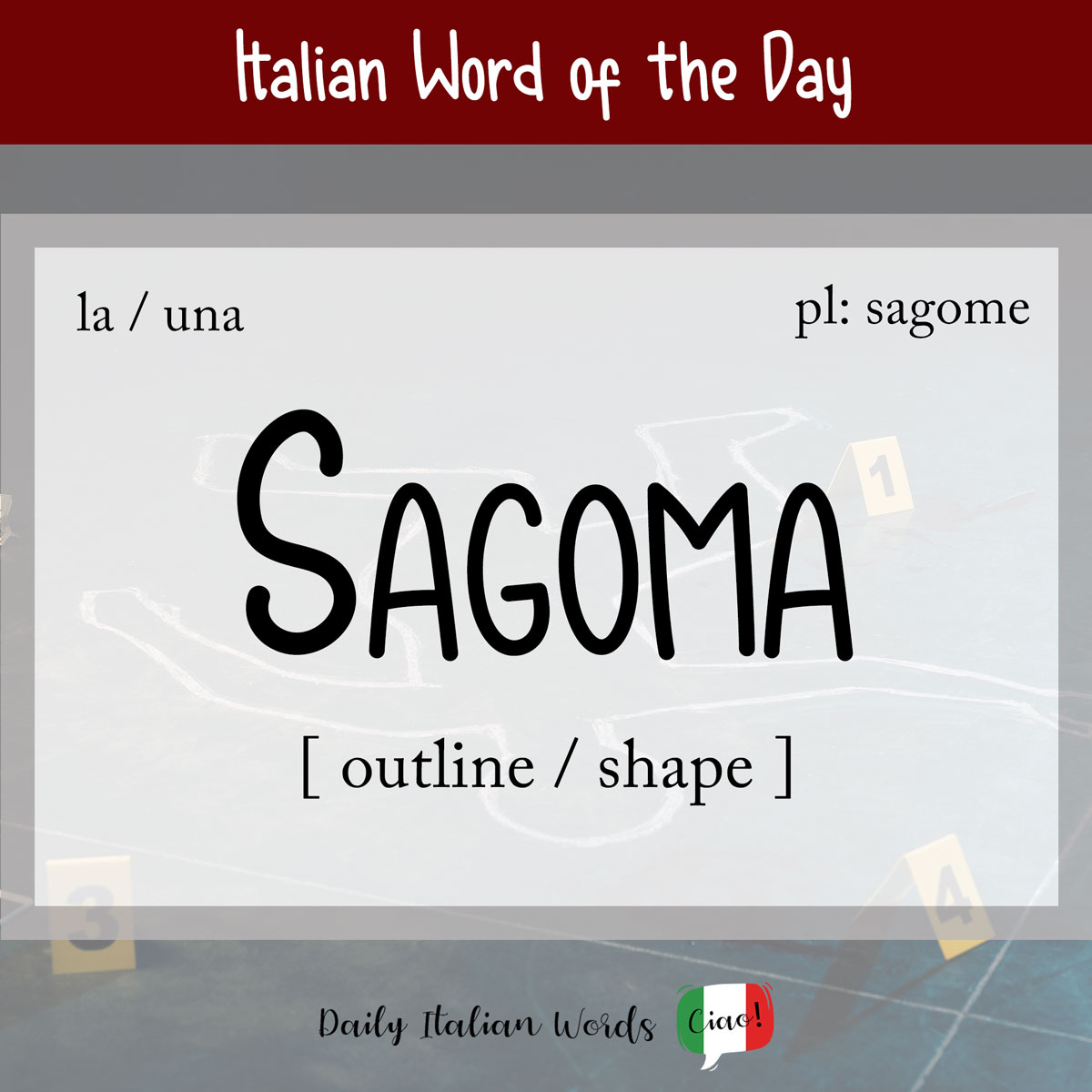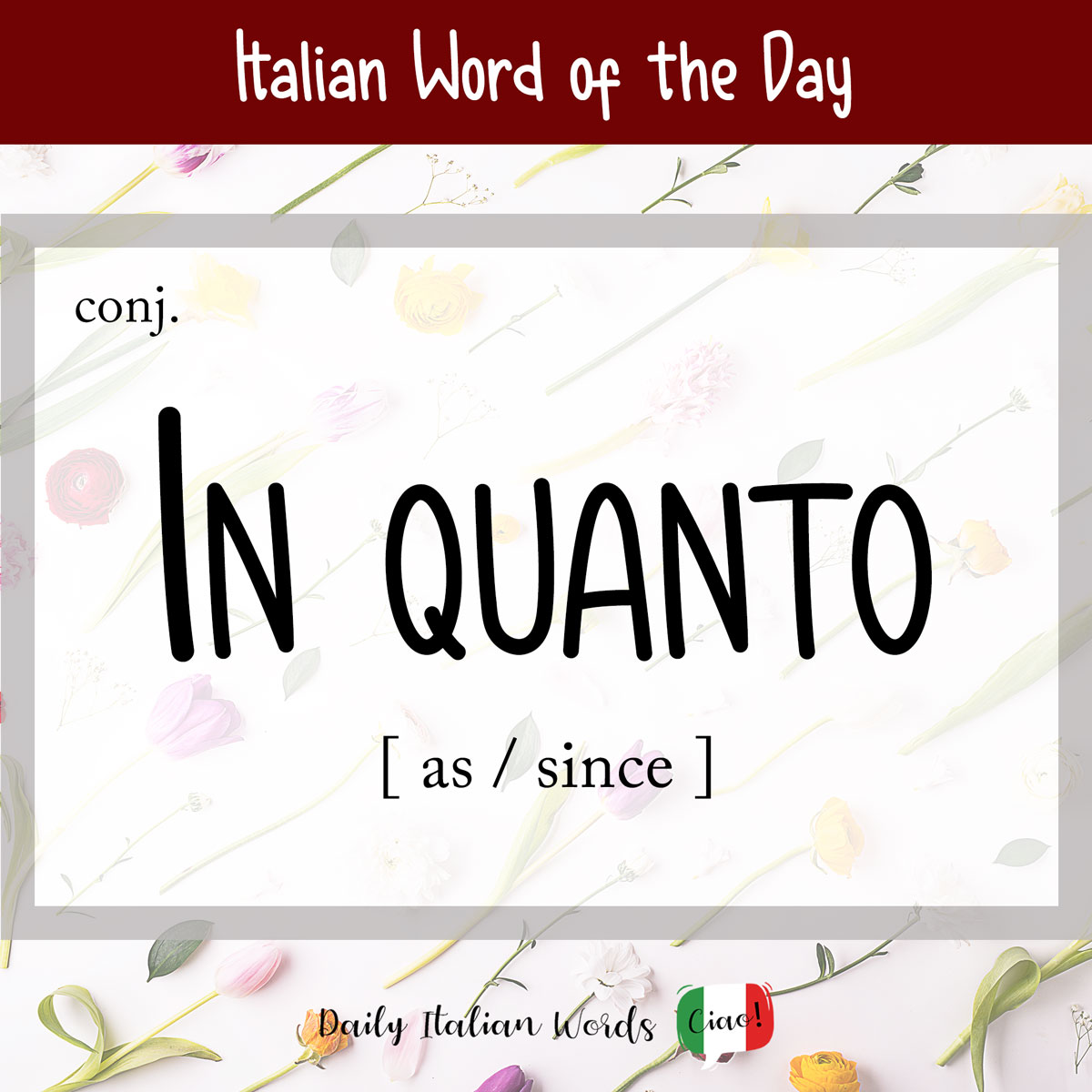Italian Word of the Day: Torcicollo (crick in the neck)
In Italy, you’ll often hear people use the single word torcicollo to describe a crick in one’s neck or a stiff neck caused by an injury. It is made up of two words: the verb torcere meaning to twist or to contort, and collo meaning neck. Torcicollo is a masculine noun. The plural is torcicolli. …






